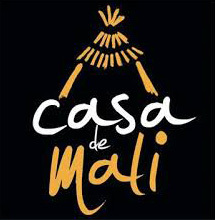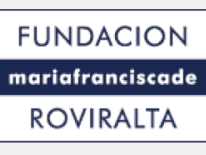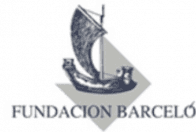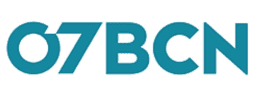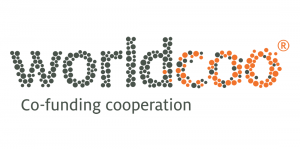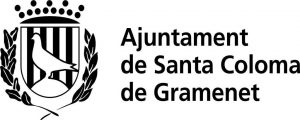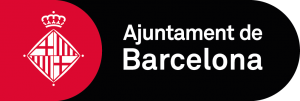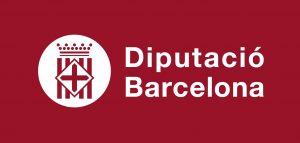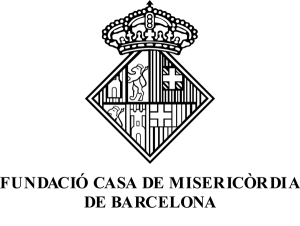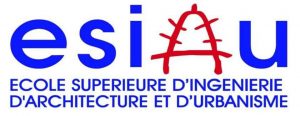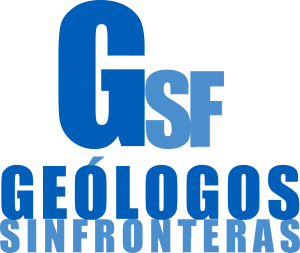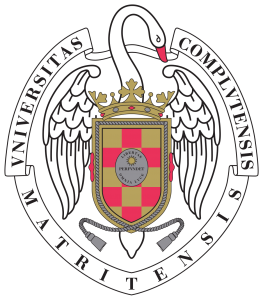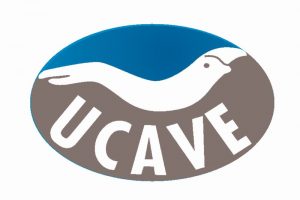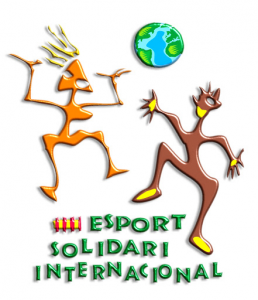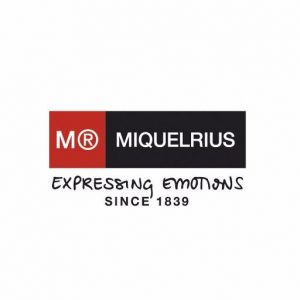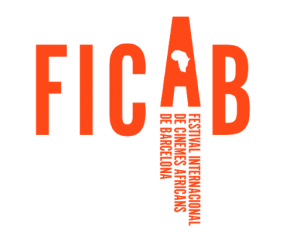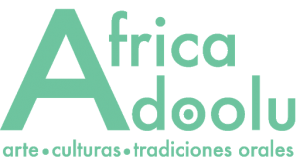ABOUT US
OUR HISTORY
Casa de Mali was created in 2008 with the desire to create bridges to promote cultural, social and economic exchanges between the two countries. Our aim is to achieve sustainable and self-sufficient development in Mali and to share knowledge, initiatives, and experiences between the two peoples, always respecting their culture, customs and their endogenous development.
Our entity has developed a global program in the commune of Siby that promotes education, health and sustainable agricultural development in rural areas. Another objective of this program is to promote the entrepreneurship of women through the Orchards Project to guarantee food security for the communities and to sell surplus production in the markets.
We also work in Bamako with a center for women without a family with the implementation of a project of labor integration through sewing and nursing workshops, as well as training to make compost for womens’ gardens, which empowers them to have a job in the future.
We work to promote the culture of the Malian people in order to advance social cohesion supported by the wealth that the migratory phenomenon brings to the host society. We carry out awareness-raising activities to combat stereotypes, creating inclusive spaces for dialogue that generate a more positive social awareness about the migrant community. In relation to the diaspora, we jointly work on this awareness program by organizing training and leisure workshops such as film screenings, music concerts, craft fairs, storytelling workshops, conferences and debates on topics that may interest the migrant population.
Casa de Mali acts as a channel for integration, through training workshops such as: Module C of the reception certificate, advice on regularization, as well as working in a network and making referrals to specialized entities regarding the specific issues that they request us.
Casa de Mali also has a research program carried out in working groups on topics of interest such as: education, health, gender, conflict prevention, sustainable development and self-sufficiency.
MISSION
Casa de Mali was created to:
-
![]()
Improve the quality of life for the children, youth and women in Mali.
Fight to reduce poverty levels and help children without resources. -
![]()
Achieve sustainable and self-sufficient development in Mali by promoting training, work and entrepreneurship. Promote cultural and commercial exchanges between the two countries and promote labor integration in Catalonia.
-
![]()
Share knowledge, initiatives and experiences between the two peoples, always respecting their culture, customs and their endogenous development. Promote music, crafts and local products.
-
![]()
Prevent community conflicts in Mali and intercultural conflicts in Catalonia.
OUR TEAM
ORGANIZATION
The association is considered a social headquarters in Barcelona. It has legal representation in Bamako (Mali), which in addition to contributing to the realization and continuation of the projects, constitutes a true link towards union and mutual progress.
Casa de Mali has been recognized as an entity of public utility. Its work to impulse the culture and riches of Mali is recognized in Spain, to the point that the Federation of Malians in Catalonia Association was developed, which brings together the associations belonging to the Malian Diaspora.
In 2010, Casa de Mali received approval and was welcomed by local authorities, known as the “town wisemen” in the towns they work in to receive their blessing for the labor initiated.
In a similar way, we have signed collaboration agreements with local institutions and associations that share objectives towards the same focus and vision regarding the development tasks with which we work closely.
Casa de Mali works to develop projects that offer global solutions for better self-sufficiency and sustainability in these towns, while respecting their culture, customs and indigenous development at all times.
The association is formed by professionals of various fields that share an immense social interest and many international experiences.
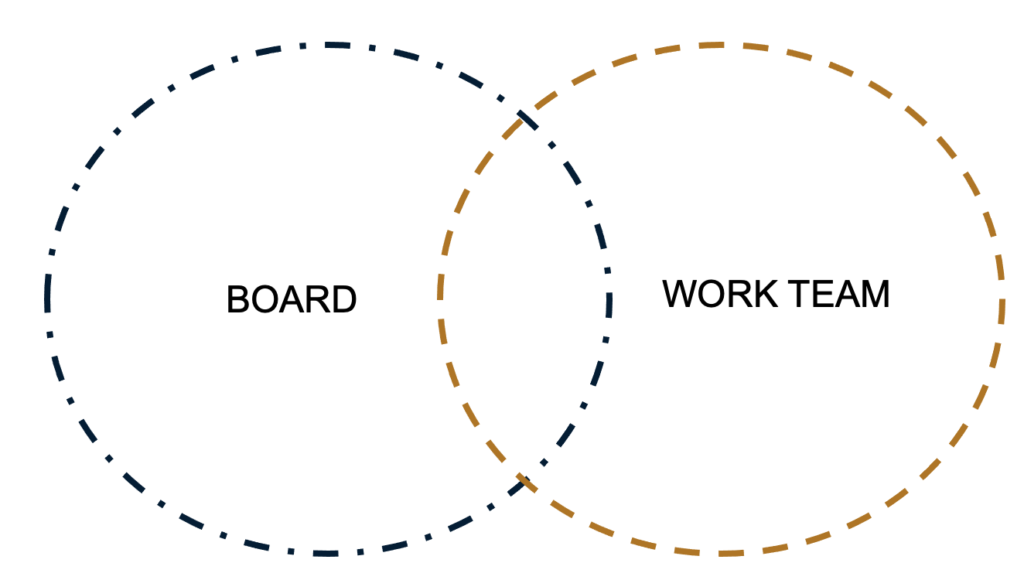
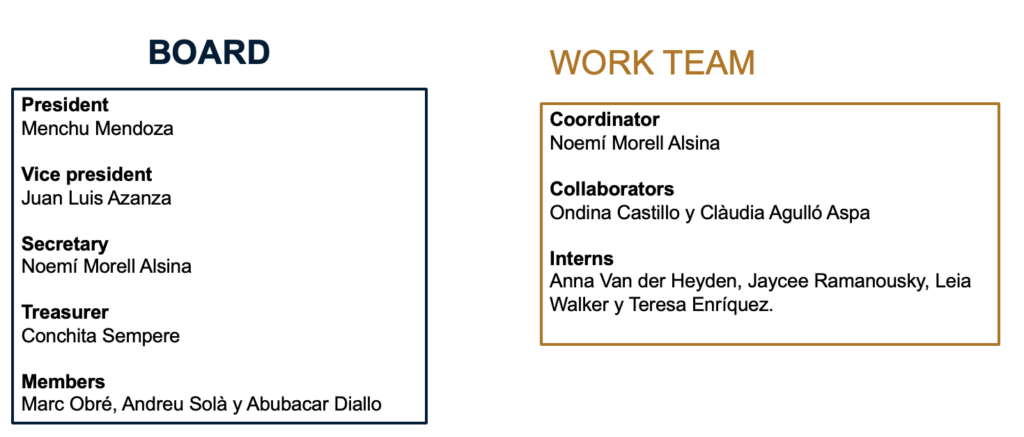
HOW DO WE WORK?
- All the projects and activities that we carry out have the objective of reaching larger self-sufficiency and sustainability.
- We respond to requests of people from towns, carrying out projects with complete local collaboration.
- Our financing is essentially nurtured through the contributions of private collaborators and companies.
- The contributions received go towards current projects in its entirety.
- Our administrative and similar costs are reduced at a minimum, the association functions entirely through volunteering.
- We offer accountability with total transparency and periodic information regarding the evolution of our projects.
- The collaborators of The House of Mali can participate directly with the development and promotion of our projects.
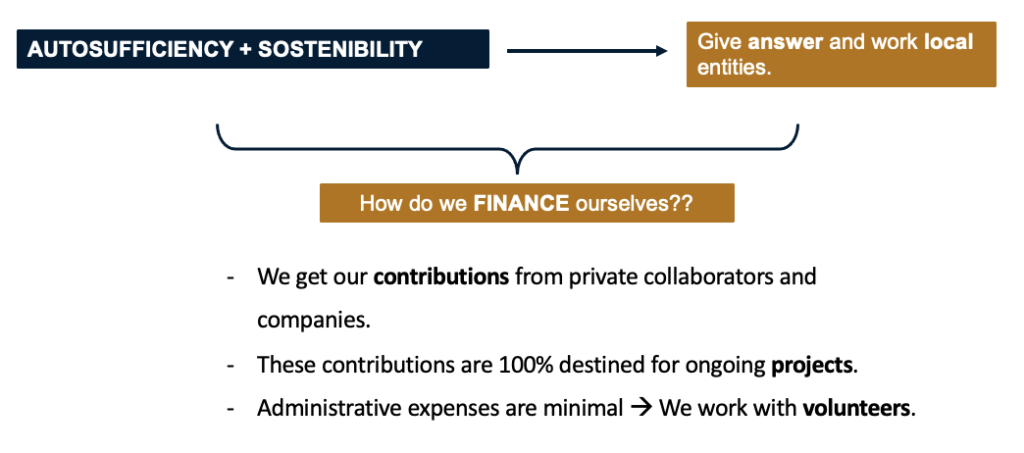
AWARDS
-
![]()
NATURA
The Women’s Garden project received the Natura 2019 prize, which helped with the foundation of the Women’s Garden in Bamako and Djélibani.
-
![]()
ANANTA Foundation IV Solitary Awards 2017
Casa de Mali received third place for the Sustainable Agriculture for Women in Mali Project.
-
![]()
MÍA MAGAZINE
The women’s garden received the first prize awarded by the Mía Magazine in 2013.
FINANCERS
The financiers and collaborators are those who have enabled and/or are enabling the actions of Casa de Mali through their economic input and their support within the sectors that they dominate in:
-
![]()
Fundació Roviralta
They’ve financed the water well and sanitation projects, and have also financed parts of the construction and materials used to build schools.
-
![]()
Nuria García Foundation
They’ve helped us economically with developing the water and sanitation projects through the construction of water wells.
-
![]()
Barceló Foundation
They’ve financed the agricultural development project, Women’s Garden.
-
![]()
ZerosetBCN
We count on their economic support to develop the Women's Garden.
-
MAR Foundation
We received donations to be able to develop our school in Djélibani project.
-
Luis Lines Foundation
They’ve contributed to the financing of the Women’s Garden Project.
-
![]()
WorldCOO:
They’ve also contributed with the financing of the Women’s Garden Project.
-
![]()
Santa Coloma de Gramenet Council
They have also contributed to the financing of the Women’s Garden Project.
-
![]()
Barcelona City Council
They have helped us carry out musical and cultural events within our sensitization program.
-
![]()
Barcelona Provincial Council:
They have helped us carry out musical and cultural events within our sensitization program.
-
![]()
COSPE
(Ordinary Call for Grants for Projects and Activities): House of Mali received support to carry out events in Barcelona.
-
![]()
Fundacio Misericordia
They have helped us carry out musical and cultural events within our sensitization program.
COLLABORATORS
-
Agreement with Djélibani Development Association
AD2 Agreement (February 2021): Signature of the project towards the “Self-sufficiency and sustainable Life Model” Project. The elaborated, thought through and globally devised project by the team of House of Mali, with Clara Roig as the lead architecture, was presented to the town wisemen and, once accepted and given their blessing, was signed as a collaborative agreement to carry it out.
-
![]()
ESIAU Agreement
(February 2010): House of Mali collaborates for the development of their projects with the School of Engineering, Architecture and Urbanism in Bamako (ESIAU). The collaboration agreement was signed with Mr. Deyoko Abdoulay, Director of ESIAU.
-
![]()
Geologists without borders
www.geologossinfronteras.org - A collaboration is currently being processed with a great interest for us, since it involves the initiation of the “Self-Sufficiency and Sustainable Inhabitants” Project. It’s what we have established with “Geologist Without Borders” for the realization of the study of availability, sanitation and management of water in the Siby zone.
-
Association d´appui à la Scolarisation de Filles "Jigiya Bon" (A.S.F.)
Association d´appui à la Scolarisation de Filles "Jigiya Bon" (A.S.F.) is a collaborator of the Women’s Garden in Bamako Project.
-
![]()
FRETANISSÔ
“The House of the Orphans” in the Bambara language. They’re a friend association with which we work closely towards the co-development of the Djélibani school. FRETANISSÔ is an national atmosphere association formed by the adoptive families in Africa.
-
![]()
Universidad Complutense de Madrid
It helped through their Geology Department and in collaboration with Geologist Without Borders.
-
![]()
UCAVE
(Unión Catalana de Agencias de Viaje) collaborates to create union links and progress through tourism in Mali.
-
![]()
Esport Solidari Internacional:
Collaborated with the initial material donation of sport equipment and active wear for the children in the schools.
-
![]()
Miquel Rius
Collaborated with the initial school materials for the Djélibani schools.
-
Centre Pere Michel
Casa de Mali maintains a close relationship with the Bamako Salesian Priests for the diffusions of the Values Education course for the professors of different schools in Bamako.
-
![]()
TAP Portugal
The TAP Company was a collaborator for two years facilitating modes of transportation for materials with which the cooperators of The House of Mali travel regularly and are necessary for the projects we carry out in Mali.
-
![]()
FICAB-Festival de cinema africans:
This association collaborates with House of Mali for events in Barcelona. Our most recent collaboration was last March regarding African and Women Cinema.
-
![]()
Africadoolu:
We also collaborated with this entity to carry out events in Barcelona.
